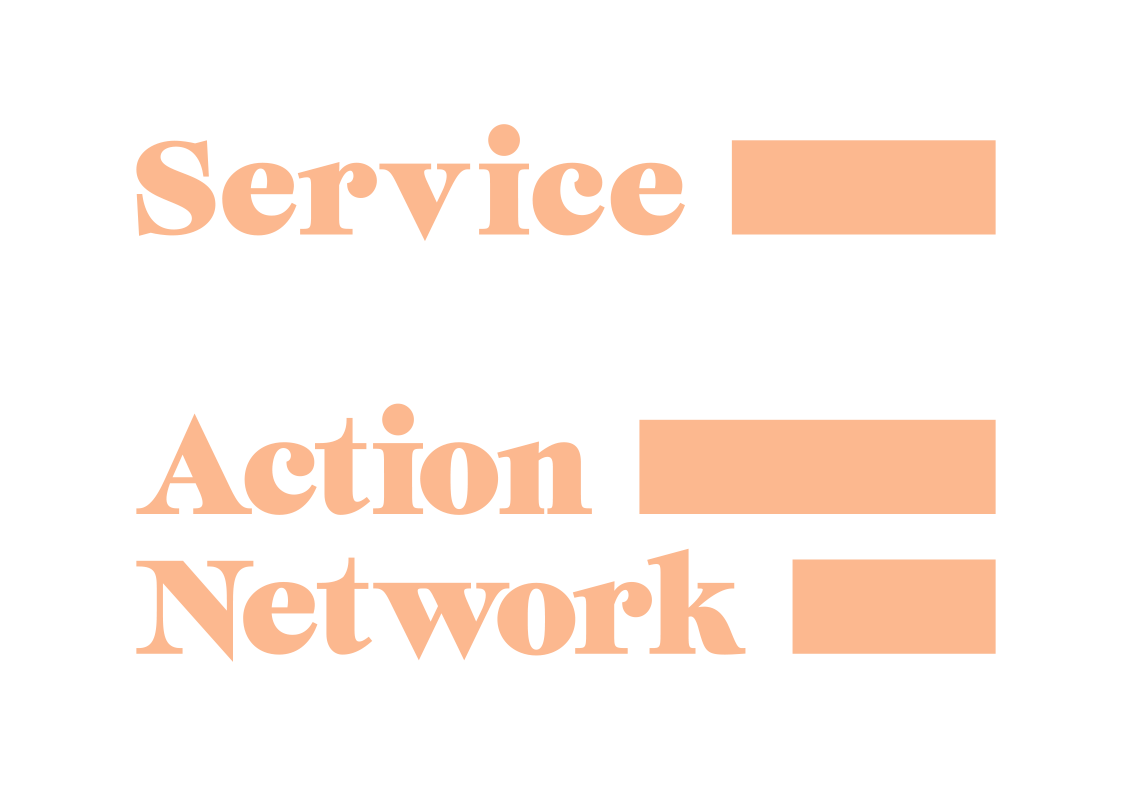Task and Purpose - “The Pentagon delayed promoting female generals over Trump’s reaction”
Under legislation sent to President Donald Trump this week, U.S. military service women and Tricare beneficiaries would have access to a doula or lactation consultant at no cost during labor and delivery and post-birth.
The fiscal 2021 National Defense Authorization bill includes a five-year pilot program to cover the services of a professional trained to provide physical and emotional support for female troops and military family members during childbirth.
The program would evaluate the cost, quality of care and impact on new moms and babies of hiring a doula or lactation consultant or counselor.
The initial proposal was sponsored by Democratic Sens. Kirsten Gillibrand of New York and Richard Blumenthal of Connecticut, who wanted to help service members and military spouses who are delivering alone because of deployment or other circumstances or who are stationed away from family or friends.
The senators said doulas reduce the risk of complications during and after childbirth.
"Military moms, either service members themselves or the partners of those who serve, are at a higher risk of stress and isolation during their pregnancies, and they're more likely to give birth alone -- all factors that make doula access especially important," Blumenthal said after introducing the legislation.
Doulas are non-medical professionals trained as labor coaches to assist with proper positioning and pain management during labor, such as breathing exercises and massage. Some doulas focus on postpartum support, providing guidance on breastfeeding and newborn care in the early weeks following a birth.
The term "doula" comes from ancient Greek, meaning "woman's servant." The doula as a childbirth professional developed in the 1970s and 1980s in the U.S. with the growing interest in natural childbirth.
The cost of doula services ranges from $800 to $2,500, with the average around $1,200, according to the What to Expect Project, founded by Heidi Murkoff, author of the "What to Expect" book series.
A Marine Corps spouse who gave birth at her home in Jacksonville, Florida, told Military.com that Tricare paid for a portion of the home birth with a certified nurse midwife and she paid $500 to a doula who helped her through the experience while her husband was deployed.
"It was all so worth it for us, but I do wish our health insurance helped more because it did take a lot out of our budget to do things this way," she said in an email.
The Service Women's Action Network, an advocacy group for active-duty and veteran women, said reproductive health in the military is one of the group's key issues, and the legislation helps ensure that women receive the full spectrum of services.
"SWAN strongly supported the provision to provide doulas to help new military mothers, and we were hugely pleased that it was incorporated into the final version of the 2021 National Defense Authorization Act," said retired Navy Capt. Lory Manning, SWAN Director of Government Relations, on Tuesday.
The defense policy bill has been sent to Trump for his signature, but the president has repeatedly said that he plans to veto it. He has until Dec. 23 to sign it, reject it or ignore it. Should he take no action, the bill would become law.
If Trump decides to veto, the House and Senate passed the legislation by such wide margins that the chambers have the votes to override that rejection.


